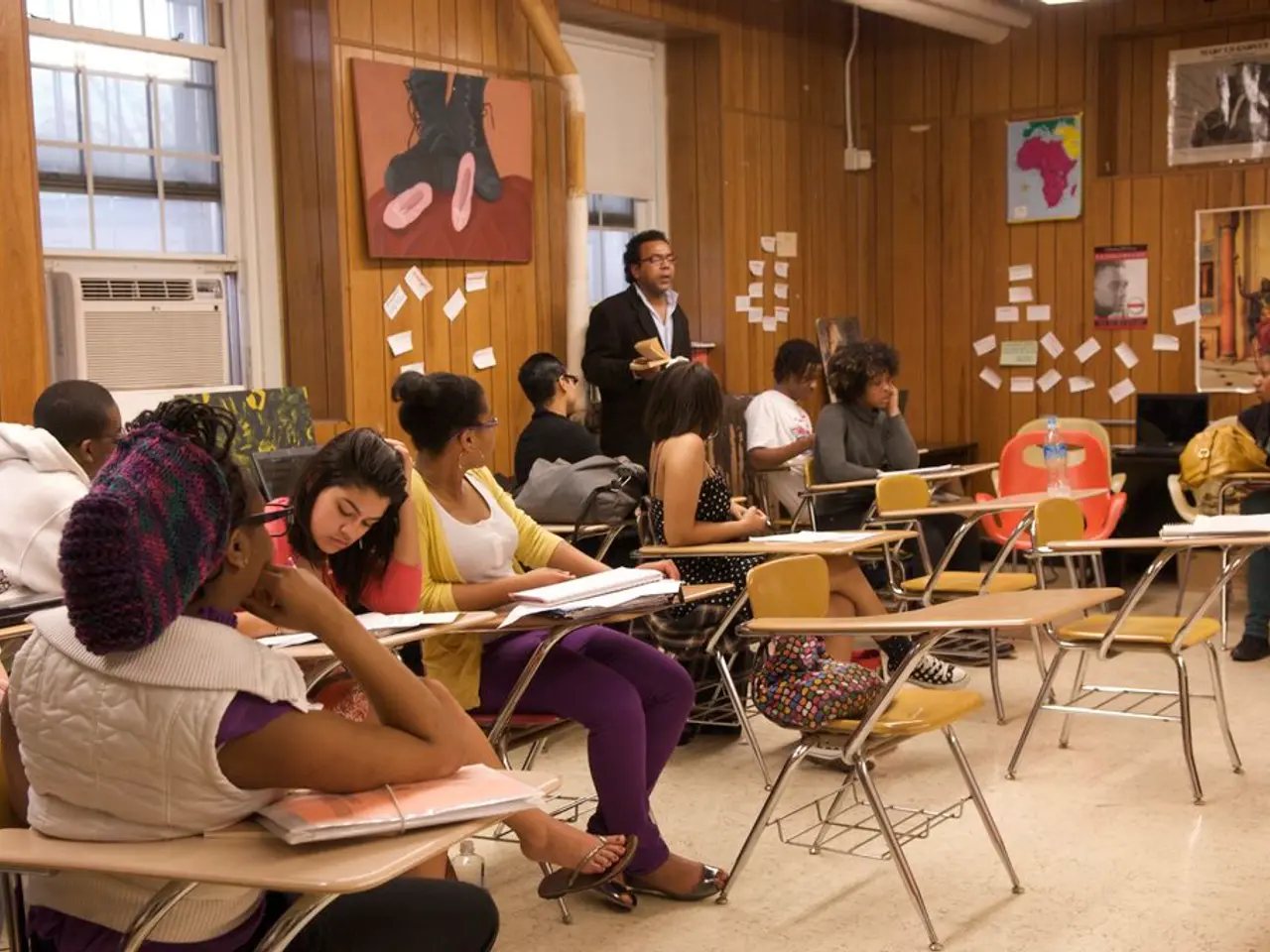A Living Learning Community refers to a residential or educational arrangement where students with common academic interests, career goals, or cultural backgrounds reside together and participate in integrated learning opportunities.
Living Learning Communities: A Boon for Student Success and Integrated Learning
Living Learning Communities (LLCs) in higher education are proving to be a valuable tool for enhancing the academic and social experiences of students. These residential programs, which combine students' living spaces with their academic interests or fields of study, offer a unique and enriching environment that fosters collaboration, personal development, and a sense of belonging.
One of the key benefits of LLCs is their impact on academic success. Students in these communities tend to excel academically, with higher grades and graduation rates compared to their peers. This is largely due to the built-in support structure, shared academic goals, and opportunities for peer study groups (UB [1], Ohio State [2], BGSU [3]).
Moreover, LLCs provide a supportive environment that helps students build strong social connections. The shared interests and goals among residents make it easier to form friendships and ease the transition to university life (BGSU [3], UC Merced [5]). This sense of belonging can have a profound impact on students' well-being and overall success.
Another advantage of LLCs is the professional and career preparation they offer. These communities foster career networking, encourage goal-setting, and help students explore majors or career paths. Many LLCs offer exclusive programs and activities that align with academic and professional development, providing students with a head start in their chosen fields (Ohio State [2], Iowa State [4], BGSU [3]).
LLCs also facilitate early and informal interactions with faculty, which can lead to opportunities such as undergraduate research, mentorship, and guidance (Iowa State [4]). This close relationship with faculty members can be instrumental in students' academic growth and career development.
However, it's important to note that LLCs may not be suitable for all students. Space in these communities is often limited and may require early application and meeting specific criteria, which can restrict access (UB [1], UC Merced [5]). Additionally, living among peers with similar academic or personal interests might limit exposure to diverse perspectives and broader social experiences.
Participation in some LLCs may also involve course enrollment requirements and engagement in community activities, which might be demanding for some students (UC Merced [5]). Universities should strive to find the right balance between learning and social contact to ensure that all students can benefit from these communities.
In conclusion, LLCs offer a supportive residential and academic environment that enhances student success and community. However, students should carefully consider their personal fit and the potential drawbacks before committing. Universities can use LLCs as a strategic way to improve student outcomes and establish a more integrated educational experience.
Education and self-development are facilitated through Living Learning Communities (LLCs) as they offer opportunities for peer study groups and exclusive programs aligned with academic and professional development, fostering a strong learning environment. LLCs also encourage learning by providing a supportive environment that helps students build strong social connections and form friendships, contributing to overall student success and well-being.




